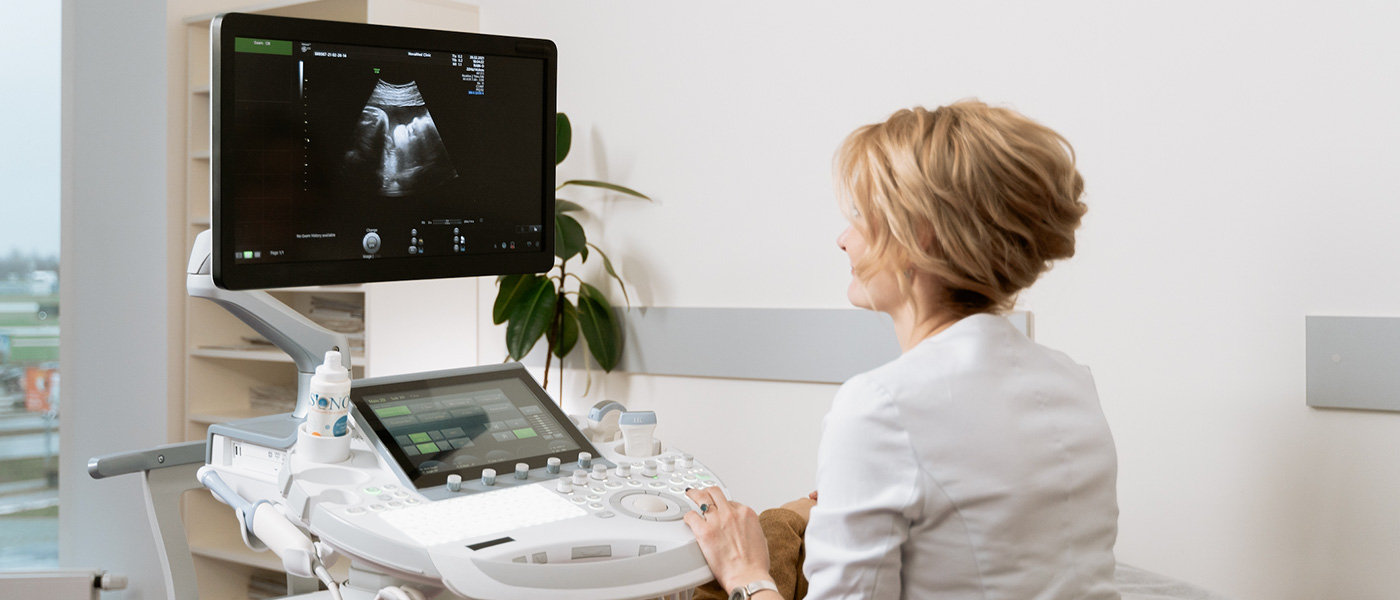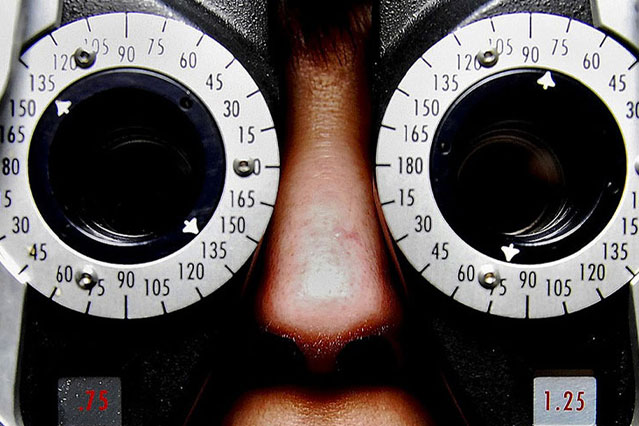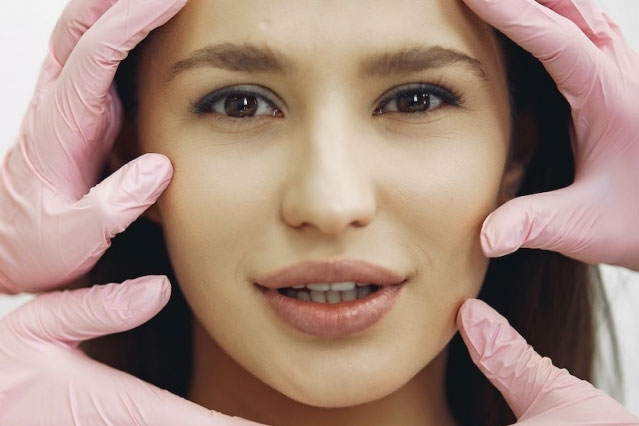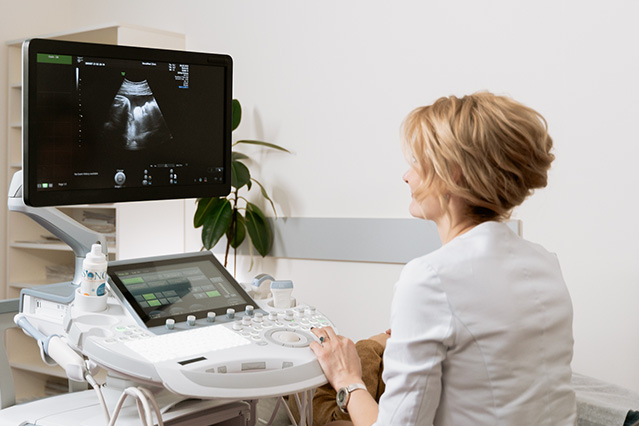Women's Pregnancy Tests and Screenings Prices in Dubai
As of 03 Jun 2025, the 10 best prices and offers we have found in Dubai for Women's Pregnancy Tests and Screenings are as below:
To check provider details and avail any offer, please use the list below.
What are women's pregnancy tests and screenings?
As a modern, thriving and relatively safe country, the UAE and the city of Dubai attracts thousands of expatriate families looking to start a family. The UAE has also made major strides in developing reliable and advanced pre-natal and antenatal services consisting of consultations and tests.
Once a decision is made to start a family, and after the confirmation of a pregnancy using a standard at-home, over-the-counter pregnancy test, women will eventually need to consult with a licensed healthcare specialist. Gynecologists will require a series of blood, urine and diagnostic tests. These tests are important to ensure a safe and successful pregnancy.
According to gynecologists, the following are recommended tests associated with pregnancy for women:
Pregnancy test is a urine test for women to check for the presence of human chorionic gonadotropin (HCG) hormone.
Prenatal screening includes the following:
• Complete Blood Count (CBC) is a blood test to check for red blood cells (RBC), white blood cells (WBC), and platelets (PLT).
• Urinalysis is a urine sample test to check for urinary tract disease (UTI), blood pressure, gestational diabetes and protein levels in your blood.
• Pap smear is a test that screens for Pap and human papillomavirus (HPV) and cervical cancer.
• Genetic carrier screening is a test that screens for genetic conditions that may be passed to a child
First trimester screening is a blood test and ultrasound done between weeks 10 and 13 of pregnancy
Second trimester screening is a blood test and ultrasound done between weeks 15 and 22 of pregnancy
Third trimester screening is a blood test, urine test, group B streptococcus screening, electronic fetal heart rate monitoring and ultrasound scan.
Why is there such a wide gap in women's pregnancy tests and screenings in Dubai?
Brand awareness of the clinic: treatment from a more reputable hospital will be costlier than a clinic not widely known to people. Institutions make huge investments to build a trusted brand and patients are supposed to pay a premium to consume it.
Location: Clinics located in Jumeirah, Downtown, or Dubai Marina need to pay higher rents, multiple times more than similarly sized facilities located in less expensive areas of Dubai. Clinics in costlier areas, in turn, will charge more for otherwise similar services accordingly.
Experience of the practitioner: It is quite understandable that you pay more for a service from a more experienced practitioner. In addition to that, if you get treatment from a doctor not a technician, it would cost you more. You will need to pay more to get treatments from specialists as they have more expertise and experience in the field than GPs.
Combination and technology treatments: Clinics and specialists may recommend and provide treatments that combine different treatment techniques. Also, providers can utilize the latest brands and technologies that promise better results.
Who can perform women's pregnancy tests and screenings in Dubai?
In Dubai, women’s pregnancy tests and screenings are covered under the Dubai Health Authority (DHA), and Dubai Healthcare City Authority (DHCA). Healthcare providers with a valid DHA/DHCA license can perform women’s health tests and screenings. For couples planning to have children, consulting with a licensed gynecologist is important to ensure a safe and successful pregnancy and delivery.
What are the benefits of women’s pregnancy tests and screenings?
In general, prevention is always better than the cure, which is the reason why women should regularly test for any health disorders or diseases prior to having children. The sooner a health disorder or disease is detected, the sooner and easier it will be to make any lifestyle changes and treat it effectively before the onset of symptoms.
Who is the right candidate for women’s pregnancy tests and screenings?
For women who maintain a relatively healthy lifestyle, health testing and screening is usually not recommended until the late twenties. According to MD Anderson Center, here are the age brackets for recommended women’s health tests and screenings, and should be considered in parallel with pregnancy tests and screenings for parenthood:
Ages 20 to 29: Pap test to check for cervical cancer every 3 years
Ages 30 to 39: Physical breast exam every year, pap test and HPV test every 5 years.
Ages 40 to 49: Mammogram and physical breast exam every year, pap test and HPV test every 5 years.
Ages 50 to 75: Mammogram and physical breast exam every year, pap test and HPV test every 5 years. Colonoscopy every 10 years or virtual colonoscopy every 5 years.
Best dental treatment prices in Dubai

































